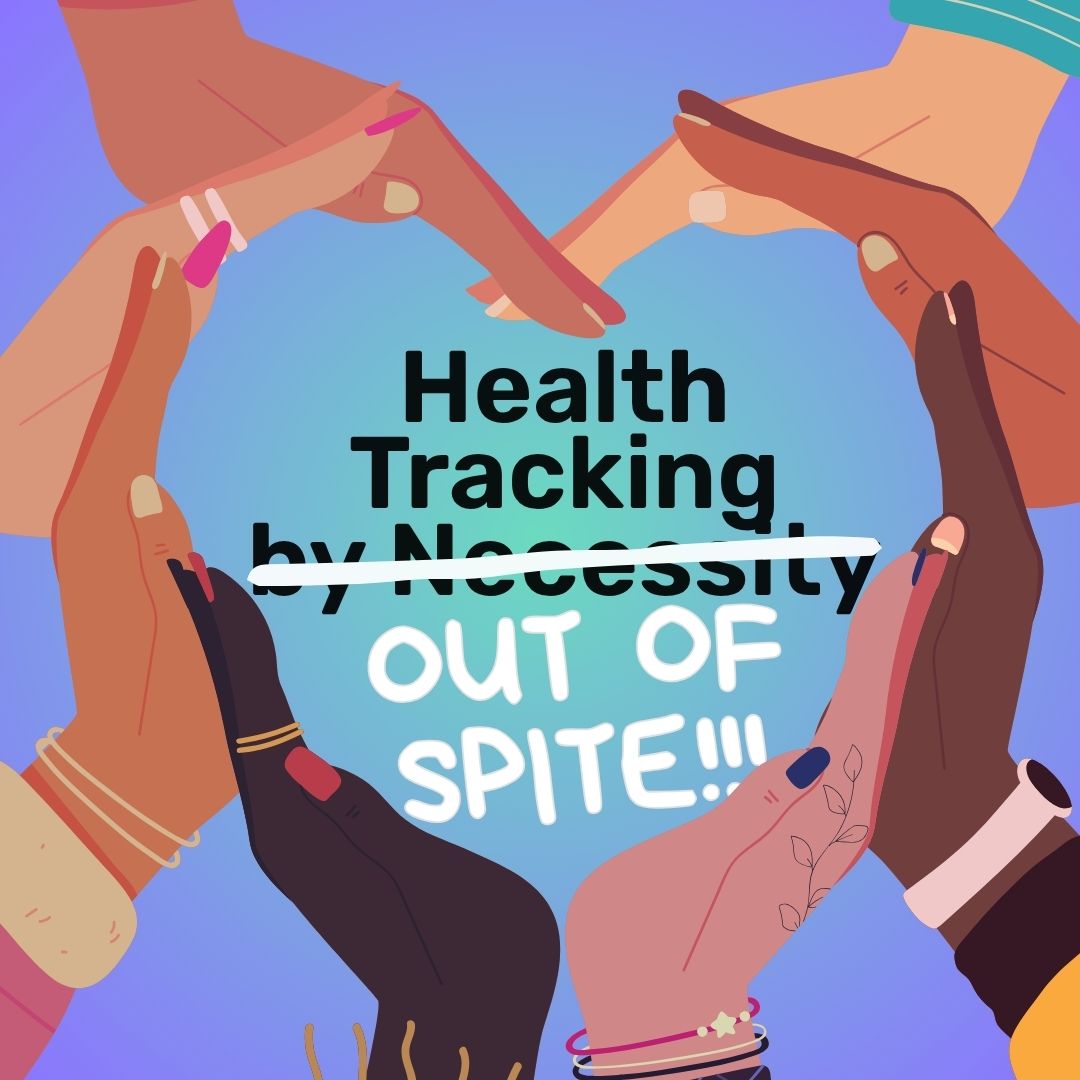Spite Tracking: When Frustration Becomes a Data Trail
Not all health tracking is about optimization. Some of it is born from necessity. Some of it, from defiance.

Not all health tracking is about optimization. Some of it is born from necessity. Some of it, from defiance.

Not all health tracking is about optimization. Some of it is born from necessity. Some of it, from defiance.
A growing number of people are engaging in what we call spite tracking: the act of collecting health data not for self-improvement, but as a defense mechanism. It's tracking out of frustration, disbelief, or desperation when traditional systems fail to acknowledge what someone knows to be true about their body.
Spite tracking surfaces when people feel unheard, unseen, or misdiagnosed. It shows up in contexts like:
And yes, it shows up powerfully in women’s health:
Spite tracking becomes a strategy - a way to build a personal body of evidence when the formal systems offer none.
People are turning to a mix of tools to document their experiences:
Each of these tools becomes a way to record, and later, validate what’s happening in the body when no one else is keeping track.
Spite tracking isn't about being petty, it's about being heard. It's about reclaiming agency in systems that often gaslight or ignore. It's a signal of where medicine has fallen short and where people are stepping up to fill the gaps themselves.
This is a movement born not of technology, but of necessity. Of people demanding that their experiences matter. That their symptoms deserve attention. That their patterns are worth recognizing.
It's a refusal to be dismissed. It's what happens when people take control of their narrative, and their data, in a system that still has blind spots.
If you’ve ever tracked a symptom because no one else took it seriously, you're not alone. And you’re not wrong to do it.